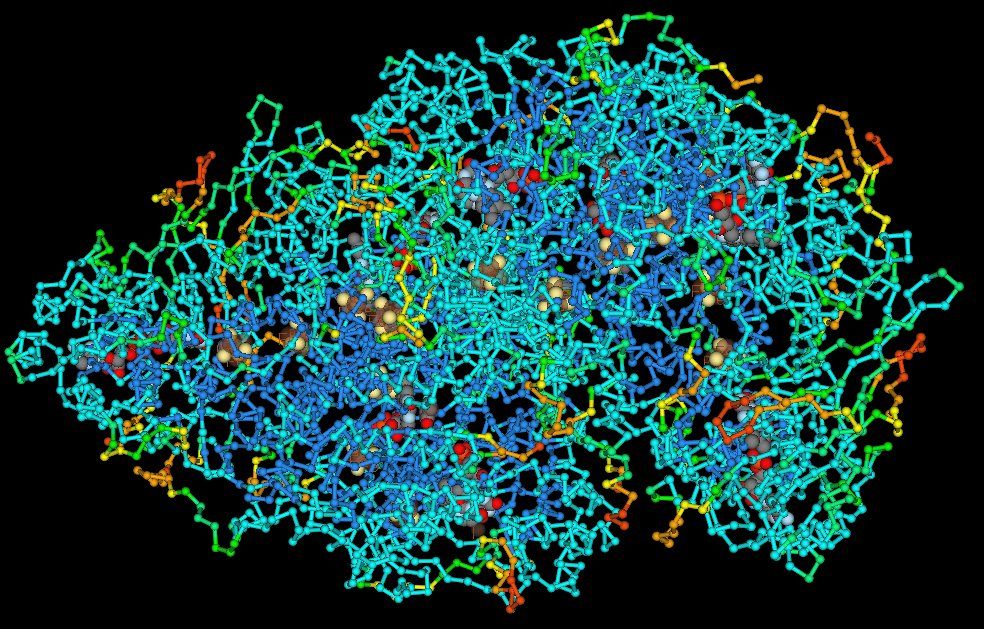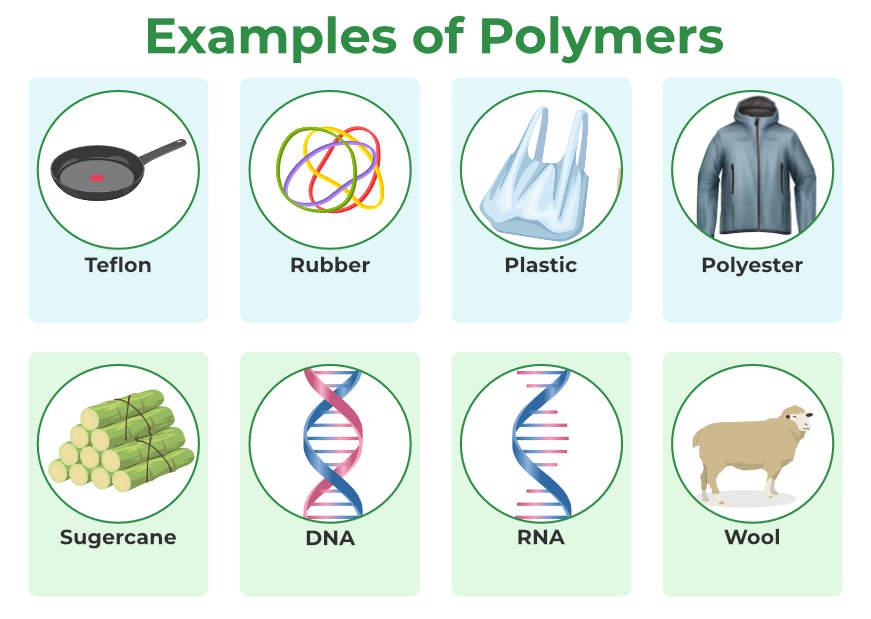Recycling Polymers: Advertising a Circular Economy
Exploring the Varied Applications and Advantages of Polymers in Different Industries
Polymers, with their varied variety of residential properties and functionalities, have actually become indispensable in various industries, each enjoying one-of-a-kind benefits from their application. From enhancing safety and performance in the automotive sector to transforming medical gadgets in the medical care industry, polymers play a crucial function.
Automotive Market Applications
Polymers play a pivotal role in boosting the efficiency and durability of various parts within the vehicle market. One famous use of polymers in the automobile sector is in the production of lightweight elements.

Health Care Industry Benefits
In various health care applications, the advantages of making use of polymers are widely identified for their varied variety of advantageous residential properties. Polymers play an important role in the medical care market as a result of their adaptability, biocompatibility, and cost-effectiveness. Among the key benefits of polymers in healthcare is their capacity to be customized to specific demands, such as flexibility, durability, and biodegradability, making them optimal for a variety of clinical applications.
Polymer-based products are extensively utilized in clinical tools, such as catheters, implants, prosthetics, and medicine shipment systems, because of their biocompatibility and ability to mimic all-natural cells. These products can minimize the danger of allergic reactions or rejections, enhancing patient safety and outcomes. In addition, polymers are light-weight, making them ideal for wearable medical tools and ensuring patient comfort.
Additionally, polymers enable the advancement of innovative therapy techniques, such as hydrogels for tissue design and nanocomposites for targeted medicine shipment. Their ease of processing and sterilization makes them important for keeping high standards of health in healthcare setups. Overall, the varied advantages of polymers add dramatically to improvements in medical innovation and patient treatment.
Ecological Benefits of Polymers

In addition, polymers can add to power savings as a result of their light-weight nature. In markets such as transport, lightweight polymer materials can help in reducing gas usage and greenhouse gas exhausts. Furthermore, polymers can make it possible for the growth of energy-efficient items such as insulation materials that improve power preservation in buildings.
Furthermore, polymers play an essential duty browse around this site in lowering water contamination. For instance, the use of polymer-based filtering systems can properly remove toxins and contaminants from wastewater, safeguarding water resources and ecological communities. Generally, the environmental benefits of polymers make them useful properties in advertising sustainability and environment-friendly practices throughout various markets.
Polymers in Electronics and Modern Technology
Thinking about the enhancing demand for click over here ingenious and sustainable options in modern markets, the assimilation of advanced polymer technologies in the world of electronics and modern technology has emerged as a pivotal technique for driving efficiency and performance. Polymers have revolutionized the electronics sector by enabling the manufacturing of lighter, a lot more versatile, and resilient electronic tools. From smart devices to clinical devices, polymers play a critical duty in improving product layout and performance.
One substantial benefit of polymers in electronics is their shielding residential or commercial properties, which aid safeguard fragile electronic components from environmental elements and electric disturbance. Furthermore, polymers are crucial in the growth of flexible display screens, wearable modern technology, and published electronic devices, providing endless possibilities for producing smart and interconnected tools.
Furthermore, the use of polymers in digital packaging has actually brought about improvements in miniaturization and thermal management, enhancing the total efficiency and try this site dependability of electronic systems. As innovation remains to develop, the adaptability and flexibility of polymers will most certainly drive better advancement in the electronics industry, shaping the future of technology.
Role of Polymers in Construction and Infrastructure
The assimilation of innovative polymer materials in construction and infrastructure tasks has changed the method structures are created and constructed in modern times. Polymers use many advantages in the building sector due to their adaptability, resilience, and cost-effectiveness. One key role of polymers in building and construction is their use in layers and sealants, offering protection versus environmental aspects such as moisture, UV radiation, and deterioration. Additionally, polymers are utilized in the production of light-weight and high-strength composite materials, enhancing the architectural integrity of buildings while decreasing overall weight.
Furthermore, polymers play an essential role in sustainable building and construction methods by enabling the advancement of energy-efficient structures. Shielding materials made from polymers help manage interior temperatures, reducing the demand for home heating and cooling systems and inevitably lowering energy usage. The usage of polymer-based compounds in facilities projects such as bridges and roads enhances their longevity and lowers upkeep prices. In general, the unification of polymers in building and infrastructure showcases their substantial effect on modern engineering practices.
Conclusion
In conclusion, polymers play a crucial duty in different markets such as auto, health care, environmental, electronics, and construction. From boosting fuel effectiveness in automobiles to boosting medical devices, polymers offer countless advantages.